PhD studentships
Plymouth Marine Laboratory (PML) works with a number of University partners to train tomorrow’s leaders in Environmental Science. These collaborations, known as Doctoral Training Partnerships (DTPs), offer postgraduate studentships and training across the full range of multidisciplinary environments, helping to enrich the student experience. Each DTP will create a strong and active community of students that are able – and encouraged – to integrate, work, and learn together. Students will receive in-depth, advanced research training, as well as training in the professional and transferable skills essential in today's economy.
PML is a multidisciplinary, internationally renowned, strategic marine research centre. We have a number of prestigious and exciting opportunities for outstanding students wishing to conduct PhD projects in our areas of research excellence: Marine Ecology and Society, Marine Processes and Observations and Environmental Intelligence
Quick links:

From sea spray to atmospheric chemistry: Investigating underexplored trace gas sources in the marine atmosphere
Primary supervisor:
Dr Mingxi Yang, Plymouth Marine Laboratory (miya@pml.ac.uk)
Co-supervisors:
Prof Lucy Carpenter, University of York (lucy.carpenter@york.ac.uk)
Prof Thomas Bell, Plymouth Marine Laboratory (tbe@pml.ac.uk)
Dr Frances Hopkins, Plymouth Marine Laboratory (fhop@pml.ac.uk)
Previously titled: ‘COCO-VOC studentship opportunity: Sniffing organic gases emitted from atmospheric particulates and understanding their importance.’
The cycling of organic carbon above the ocean is not well understood. In the marine atmosphere, volatile organic compounds (VOCs) react with hydroxyl radicals (OH) and determine the reactivity of the atmosphere. These gases also act as precursors to organic aerosols (atmospheric particulates), which can seed/brighten marine clouds and modulate the amount of the sun’s energy reaching the Earth’s surface. The surface oceans are known to be both a source and sink of a wide range of VOCs; This PhD studentship will investigate whether organic aerosols can also emit VOCs.
Closing date for applications: tbc. Proposed start date: Feb – Oct 2026
ARIES PhD Studentships

The bigger picture: integrating plankton imaging techniques to explore ecosystem structure and function
Hosted at Plymouth Marine Laboratory
Supervisors
Elaine Fileman, Plymouth Marine Laboratory, Marine Ecology & Society group
Dr Cecilia Liszka, Ecosystems Team, British Antarctic Survey
Dr Eoin O’Gorman, University of Essex
Professor Pennie Lindeque, Plymouth Marine Laboratory, Marine Ecology & Society group
Marine plankton communities are sensitive indicators of environmental change and play a vital role in energy flow and carbon cycling in the ocean. Understanding how these communities are structured, and the factors that influence their organisation, is essential for predicting changes in ecosystem function, fisheries productivity and the biological carbon pump. As imaging technologies become increasingly accessible alongside traditional net sampling, new opportunities are emerging to study plankton through the lens of size spectra. Size-based approaches link community structure to trophic dynamics, food web interactions, and carbon export processes.
This project will use size-based imaging technologies of marine plankton communities to improve understanding of ecosystem function, inform ecosystem-based management, and support global efforts to monitor ocean health and climate change impacts.
The closing date for applications is 23:59 on 7 January 2026

Ecology of Vulnerable Marine Ecosystems: connecting functional diversity and resilience
Supervisors:
Professor Kerry Howell, Plymouth Marine Laboratory
Dr Angela Stevenson, School of Biological and Marine Sciences, University of Plymouth
Ms Heidi Tillin, Plymouth Marine Laboratory
Dr Ana Hilario, University of Aveiro, Portugal
Vulnerable Marine Ecosystems (VMEs), such as deep-sea coral gardens and sponge fields, are biodiversity hotspots that deliver critical ecosystem services through their complex structures. However, they face increasing threats from fishing, resource extraction, and climate change. Functional diversity -the range of ecological roles species fulfil within a community – is central to ecosystem resilience, but remains poorly understood in VMEs. Quantifying VME functional diversity can help assess vulnerability and guide conservation of VMEs. This project will advance our understanding of VME functional ecology and develop science-based indicators of ecosystem health, directly supporting international policy goals for deep-sea biodiversity protection.
The closing date for applications is 23:59 on 7 January 2026
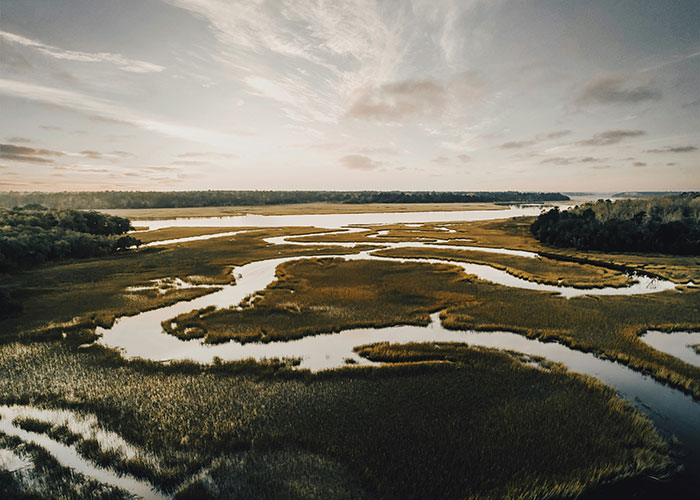
Enhancing Connectivity and Natural Capital in Seascape-scale Coastal Restoration
Supervisors:
Professor Graham Underwood, School of Life Sciences, University of Essex
Professor Thomas Cameron, School of Life Sciences, University of Essex
Dr Stephen Watson, Plymouth Marine Laboratory
Ms Anna Cucknell, Zoological Society of London
The restoration and recovery of coastal seas is a United Nations priority to address the global biodiversity crisis. Coastal seas consist of seascapes of connected habitats and seascape-scale restoration can improve ecological status and increase ‘natural capital’, the value contributed by healthy ecosystems to human society. Much previous restoration has been focussed on individual habitats, but seascape scale restoration needs consideration of inter-habitat connectivity, cross-habitat functioning and the roles of key species. This is a new field of research for coastal seascapes in NW Europe, with the current lack of knowledge a bar to effective restoration.
The closing date for applications is 23:59 on 7 January 2026
NERC GW4+ DTPs
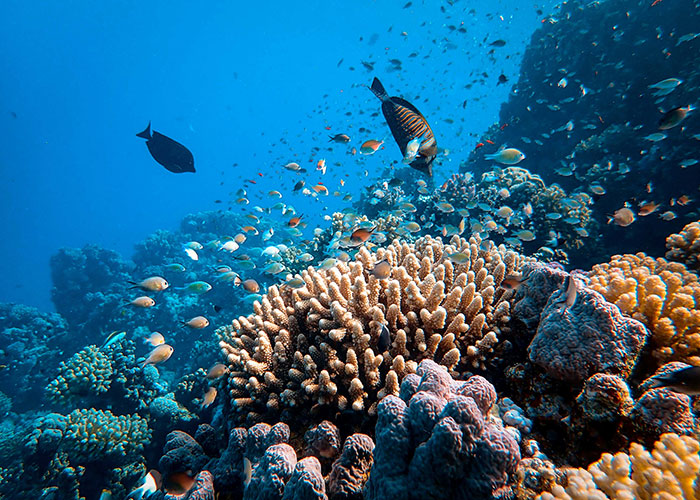
Marine Ecosystems and Biogeochemistry under Future Climate Change
Supervisors
Lead Supervisor: Lee de Mora, Plymouth Marine Laboratory
Co-Supervisors:
Fanny Monteiro, Bristol, School of Geographical Sciences
Gennadi Lessin, PML, Environmental Intelligence
The ocean is facing numerous threats linked to climate change, including warming, acidification, habitat loss and biodiversity loss. This project will assess how climate change impacts the marine ecosystem and its services like carbon sequestration or food production. Using simulations from the Coupled Model Intercomparison Project (CMIP) and similar products, the candidate will focus their research on critical questions such as:
• Will marine ecosystems recover under net-zero scenarios?
• How will climate policies impact ocean life?
• How well do CMIP models capture the marine ecosystem and associated services and what can be done to mitigate negative impacts?
• How do changes in the ocean circulation impact marine ecosystems?
• Can Marine Protected Areas be better delineated using climate projections?
• What would a comprehensive marine ecosystem stress map include?
• How will artificial intelligence transform Earth System Modelling?
Closing date for applications: Thursday 8 January at 23:59GMT
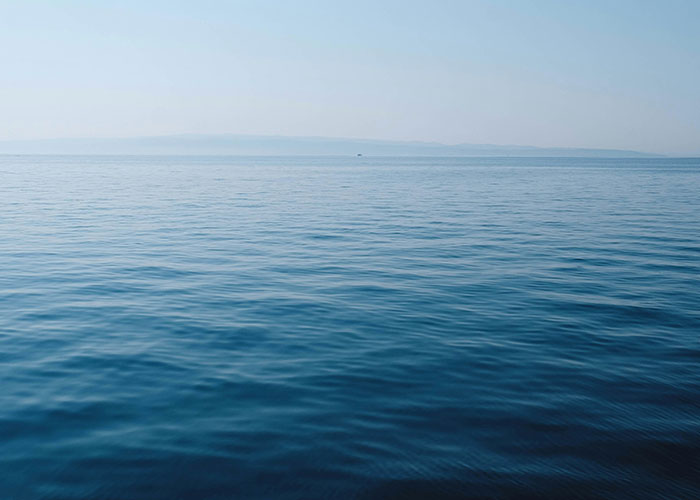
The role of ocean colour feedbacks in weather extremes forecasting
Supervisors
Lead Supervisor: Fanny Monteiro, Bristol, Geographical Sciences
Co-Supervisors: Sana Mahmood, UK Met Office and University of Bristol, Geographical Sciences
Dale Partridge, Plymouth Marine Laboratory
Accurate forecasting of marine and atmospheric extremes is critical for protecting coastal ecosystems, supporting sustainable economies, and enhancing climate resilience. Yet current forecasting neglect key feedbacks between ocean biology and the atmosphere, particularly the role of ocean colour driven by phytoplankton. These feedbacks can be especially strong during weather extremes, when rapid changes in phytoplankton affect surface heating.
This PhD will investigate: To what extent do ocean colour feedbacks alter ocean-atmosphere interactions during weather extremes on the Northwest European shelf? How can these processes be integrated into next-generation forecasting systems?
The application deadline is Thursday 8 January 2026 at 2359 GMT
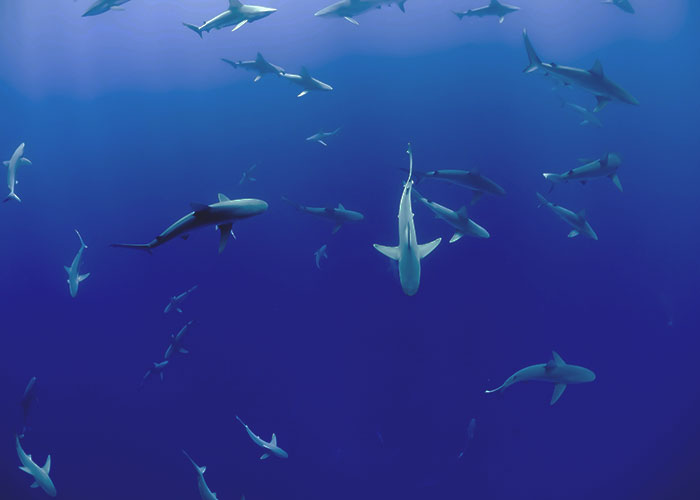
The ecology and functional role of demersal deep-water elasmobranchs
Supervisors
Lead Supervisor: Professor Kerry Howell, Plymouth Marine Laboratory
Additional Supervisors: Dr Daniel Moore, Department of Ecology and Conservation, University of Exeter (Penryn Campus)
Louise McNeill, Plymouth Marine Laboratory
Larger deep-water sharks, many of which are slow-growing and late to mature, have been heavily targeted by commercial fisheries, leading to significant population declines across much of their range (Finucci et al., 2024). As these apex predators have diminished, smaller non-targeted species, particularly catsharks, appear to be increasing in abundance (Neat et al., 2015). Changes in demersal shark communities may have ecosystem level impacts that must be considered as part of sustainable management of the deep ocean, and in light of the new High Seas Treaty.
This studentship will ask: how are deep-water elasmobranchs distributed in the North-East Atlantic? how might that shift under climate change? how do deep-water elasmobranchs use or associate with benthic habitats? what role do they play in deep-sea food webs? how might key species respond to cumulative impacts? The questions are deliberately broad to provide scope for the student to shape the research direction, however, that direction is constrained by access to physical samples and observations, which are provided by PML and Marine Science Scotland. The student will receive training in elasmobranch taxonomy both from imagery and physical specimens, species distribution modelling, stomach content and dietary isotope analysis, and ecosystem modelling.
The application deadline is Thursday 8 January 2026 at 2359 GMT

Quantifying the impact of changing boreal and arctic fire regimes on the cryosphere using satellite observations
Supervisors
Lead Supervisor: Dr Steven Palmer, Department of Geography, University of Exeter
Additional Supervisors: Professor Stephen Sitch, Department of Geography, University of Exeter
Dr David Moffat, Plymouth Marine Laboratory / NEODAAS
Dr Louise Farquharson, University of Alaska Fairbanks
Dr Clement Albergel, European Space Agency, Climate Action, Sustainability and Science Department
Megafires are emerging as a dominant disturbance in high-latitude ecosystems, with major implications for permafrost stability, biogeochemical cycles and climate feedbacks. Boreal and tundra landscapes are particularly vulnerable, as Arctic amplification of warming intensifies fire regimes and threatens the persistence of large cryosphere-linked carbon stocks. Despite this, the role of fire in shaping permafrost thaw and thermokarst development remains poorly quantified.
This PhD project will investigate the interactions between wildfire disturbance and thermokarst dynamics across Siberia and other Arctic regions using multi-sensor satellite remote sensing data provided by the European Space Agency. The successful candidate will be guided by an expert interdisciplinary team to map spatiotemporal patterns of thermokarst evolution over the 21st century across hillslopes, coasts and wetlands. The candidate will analyse satellite observations of wildfires and attribute observed thermokarst changes to fire activity, examining the influence of burn frequency and severity on permafrost degradation. Next, the candidate will analyse feedbacks between vegetation changes, thermokarst processes, and fire, exploring how disturbances shape land-atmosphere exchanges. The final stage of the project will be to assess the broader environmental impacts of thermokarst changes, focusing on either biogeochemical fluxes or risks to Arctic communities and infrastructure, depending on the candidate’s interests.
The application deadline is Thursday 8 January 2026 at 2359 GMT
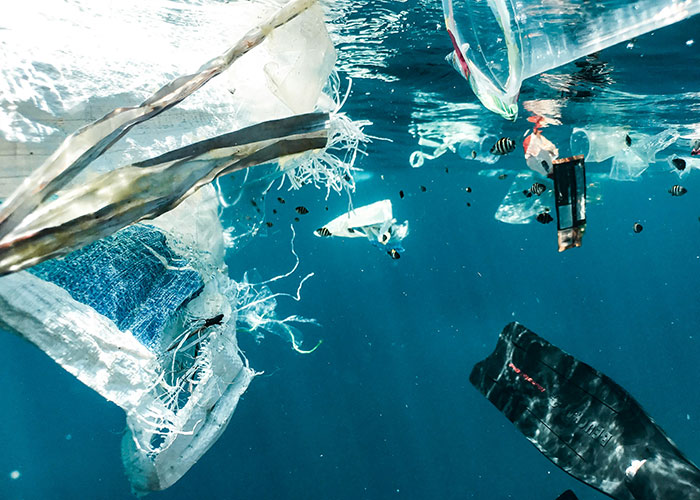
Effects of conventional and alternative plastics on the health and functioning of benthic ecosystems
Supervisors
Lead Supervisor: Professor Ceri Lewis, Department of Biosciences, University of Exeter
Additional Supervisors: Professor Helen Findlay, Plymouth Marine Laboratory (PML)
Professor Tamara Galloway, Department of Biosciences, University of Exeter
Plastic pollution is growing exponentially and is a planetary boundary threat. One proposed solution is the development of bioplastics derived from organic waste that degrade more rapidly than fossil-fuel–based polymers. Third-generation bioplastics offer potential to reduce environmental impacts and carbon footprints, but their fate and behaviour in marine environments are largely unknown. Traditional plastics and bioplastics may also contribute carbon inputs into marine ecosystems, particularly coastal areas which are sinks for plastic litter, potentially altering storage and sequestration processes. The biological and biogeochemical consequences of this carbon input remain uncertain. This PhD will combine field observations with mesocosm/aquarium-based exposure experiments at Exeter and PML to assess the impacts of traditional plastics and novel bioplastics on marine species and ecosystem functions. Specifically, it will (i) develop novel methods to detect and characterise bioplastics in sediments; and (ii) investigate how plastics influence the health and functioning of sediment-dwelling invertebrates and key ecosystem processes (e.g. nutrient cycling and carbon fluxes).
The student will join an expert plastic research group gaining interdisciplinary training in ecotoxicology, environmental chemistry and systems thinking. The research will deliver critical insights into whether bioplastics provide a sustainable plastics alternative, or whether their environmental breakdown poses new ecological challenges.
The application deadline is Thursday 8 January 2026 at 2359 GMT
Marine Research Plymouth Alliance PhD Studentships
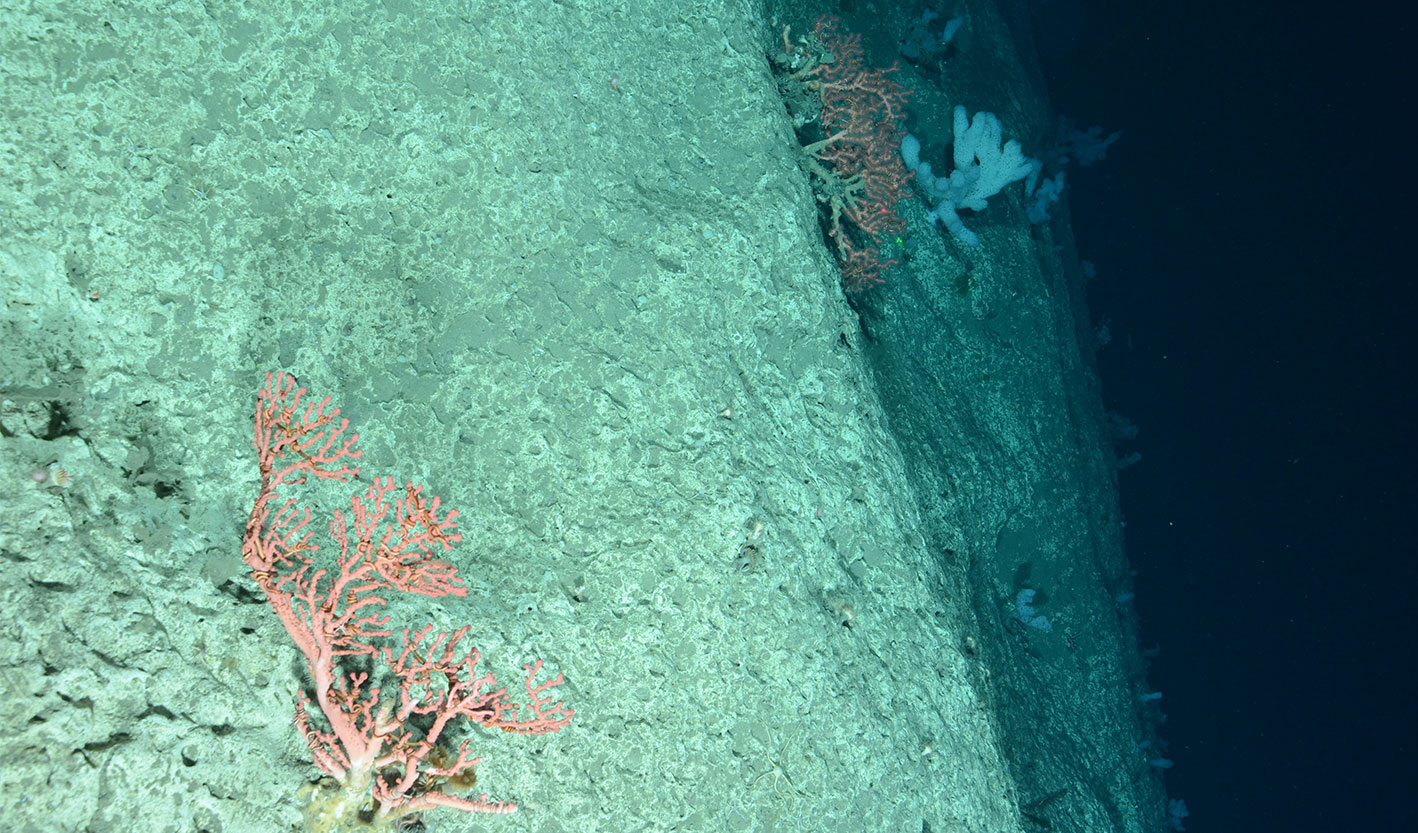
Deep-Sea Vulnerable Marine Ecosystems: Ecology, Function and Management
Supervisors
Second Supervisor (External Lead): Professor Kerry Howell, Plymouth Marine Laboratory
Lead Supervisor (DoS): Dr Angela Stevenson, University of Plymouth
Third Supervisor: Dr Bryce Stewart, Marine Biological Association
Vulnerable Marine Ecosystems (VMEs), such as deep-sea coral gardens and sponge fields, are biodiversity hotspots that deliver critical ecosystem services through their complex structures. UN member states are required to take action to prevent significant adverse impacts from bottom fishing activities in areas where VMEs are known or likely to occur. Assessing where impacts are ‘significantly adverse’ relates to the resistance and resilience of an ecosystem. Functional diversity–the range of ecological roles species fulfil within a community–is central to ecosystem resilience but remains poorly understood in VMEs. Quantifying VME functional diversity can help assess vulnerability and guide their conservation. This project will advance our understanding of VME ecology and function and develop science-based advice in fisheries management to prevent significant adverse impacts.
The closing date for applications is 12 noon on Monday 2 February 2026.
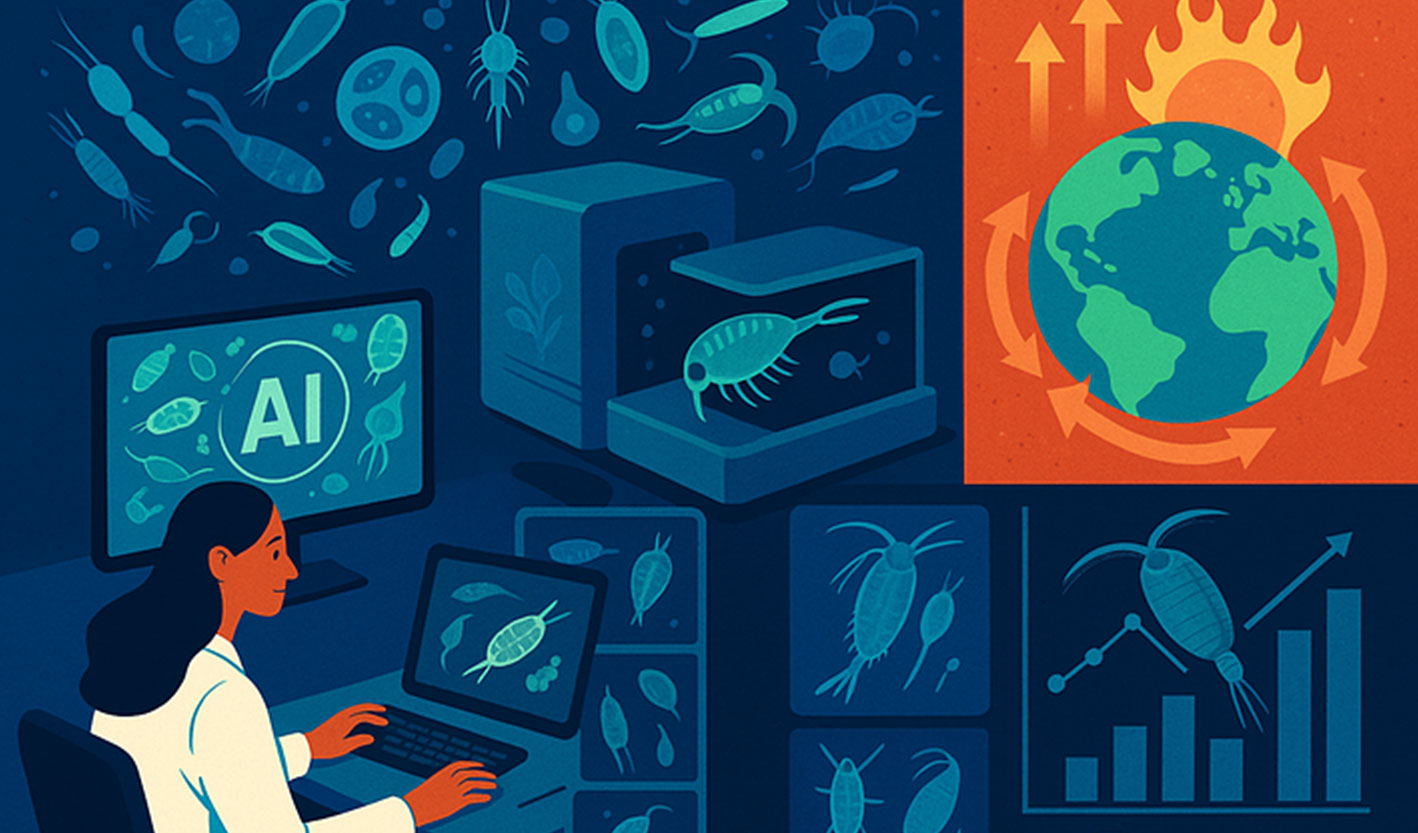
Understanding plankton biodiversity and ecosystem change by applying machine learning
Supervisors
Lead Supervisor (External Lead): Professor Abigail McQuatters-Gollop
Second Supervisor: Dr Clare Ostle
Third Supervisor: Professor Adrien Desjardins
Fourth Supervisor: Dr James Scott
Fifth Supervisor: Dr Saskia Rühl
Plankton play essential roles in marine food webs and global carbon cycles, acting as sensitive indicators of environmental change and enabling predictions of climate impacts on ocean biodiversity. However, current plankton monitoring is insufficient, limiting our ability to detect biodiversity shifts, model ocean responses to climate stressors, and inform effective conservation policies. Although advances in imaging technologies have enhanced the spatio-temporal resolution of plankton sampling, these data remain virtually unused in biodiversity assessments and policy frameworks.
This studentship addresses this critical gap by leveraging recent advancements in plankton imaging data classifiers’ translatability across multiple instruments’ output. It will apply existing biodiversity policy indicators to new plankton image data, significantly expanding available datasets and directly improving biodiversity assessments under the UK Marine Strategy and OSPAR frameworks. This approach is timely, as improvements in machine learning (ML) applications now allow researchers without extensive programming backgrounds to implement advanced image-processing techniques using accessible programming languages and annotation platforms.
The closing date for applications is 12 noon on Monday 2 February 2026.
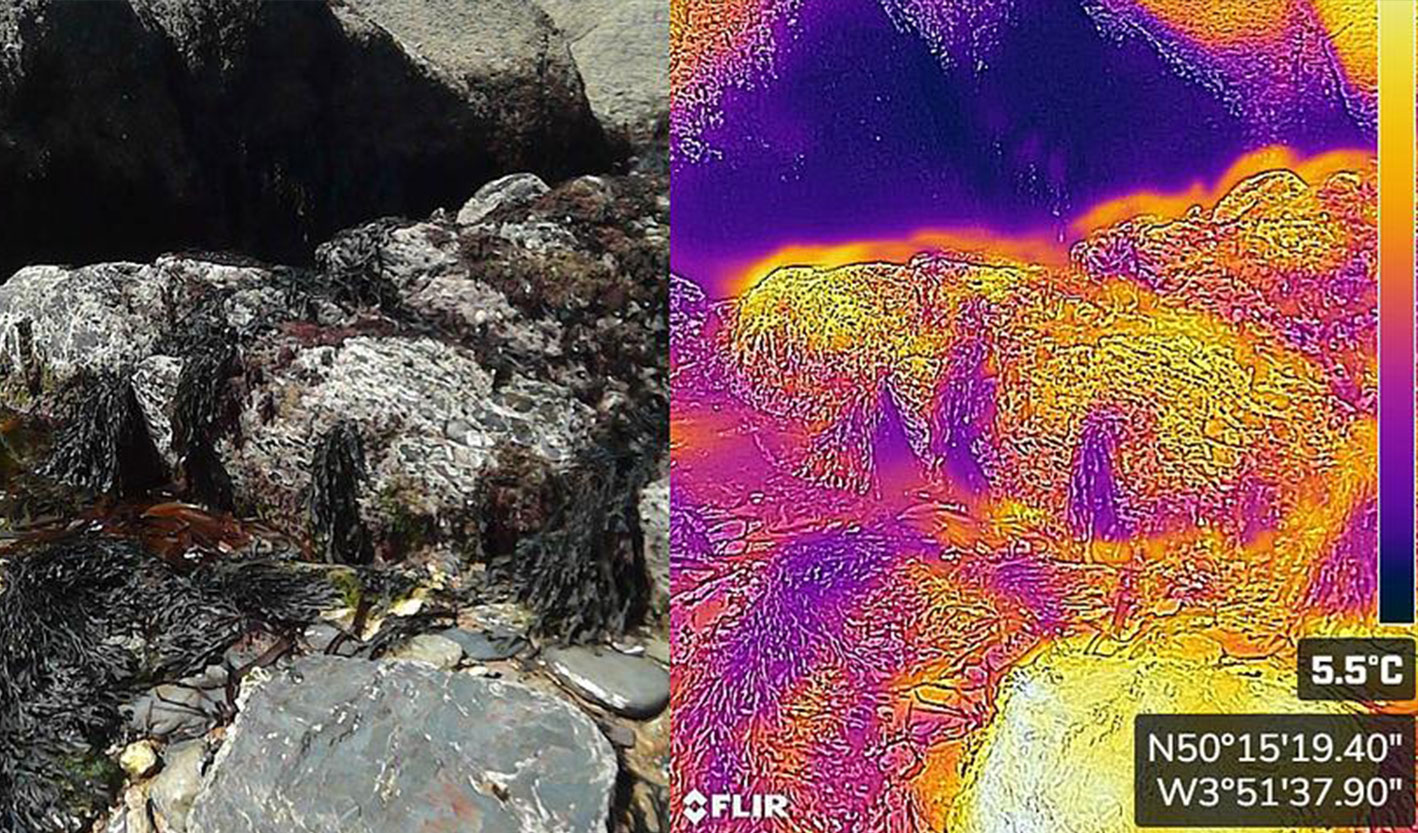
Assessing tipping points in temperate coastal ecosystems: Integrating thermal landscapes, individual physiology, and community-level responses to heatwaves
Supervisors
Lead Supervisor (DoS): Dr Manuela Truebano
Second Supervisor: Dr Dan Smale
Third Supervisor: Dr Juliane Wihsgott
Climate change is increasing the frequency and intensity of heatwaves, with major consequences for biodiversity, ecosystem functioning, and the services that coastal habitats provide. Temperate nearshore ecosystems, particularly intertidal and shallow subtidal zones, are highly dynamic and thermally extreme, exposing organisms to both marine (MHW) and atmospheric (AHW) heatwaves, often in rapid succession or simultaneously. Despite this, we have limited understanding of how these events interact and influence individual physiology, population resilience, and community-level dynamics.
This project will investigate how temperate coastal ecosystems respond to extreme heat events by combining high-resolution thermal mapping, experimental studies of organismal physiology, and community-scale experiments. It aims to identify physiological and ecological tipping points, revealing how compounding MHWs and AHWs affect organisms, species interactions, and ecosystem resilience, providing crucial insight for forecasting impacts under future climate change.
The closing date for applications is 12 noon on Monday 2 February 2026.
